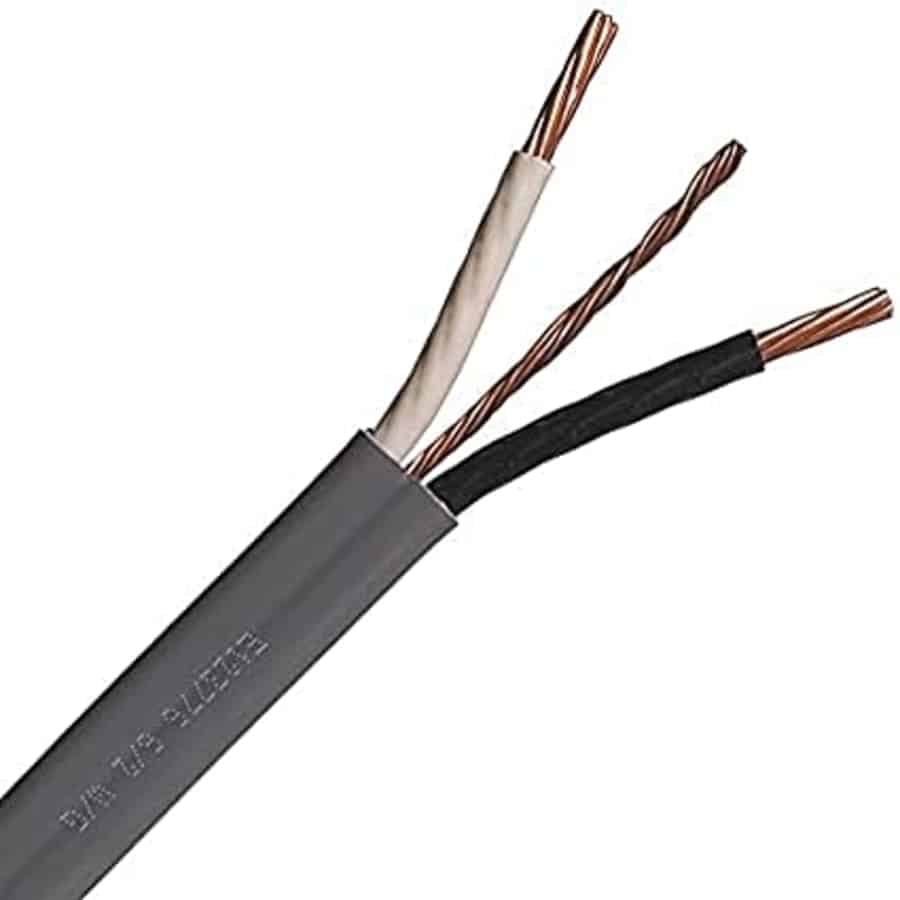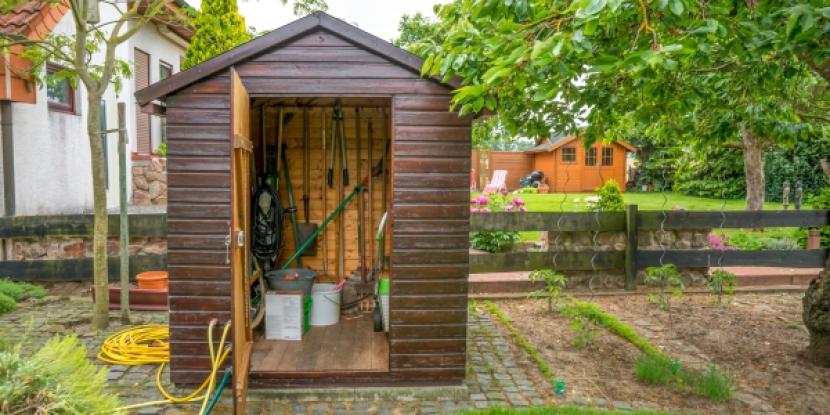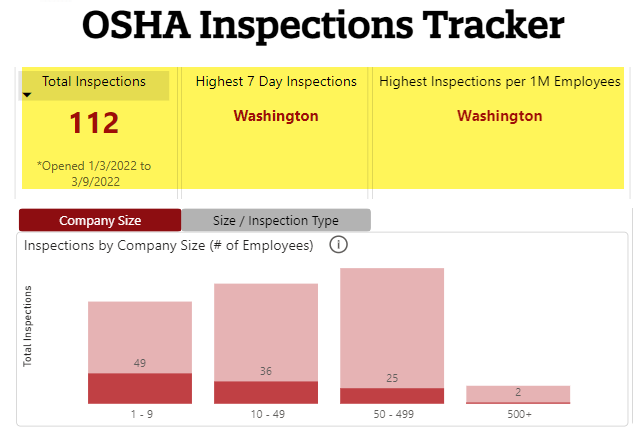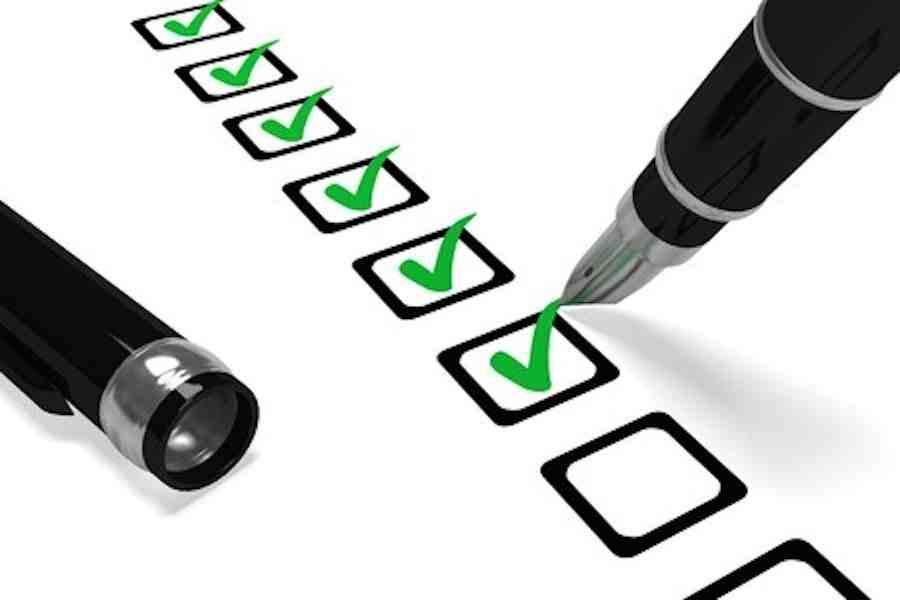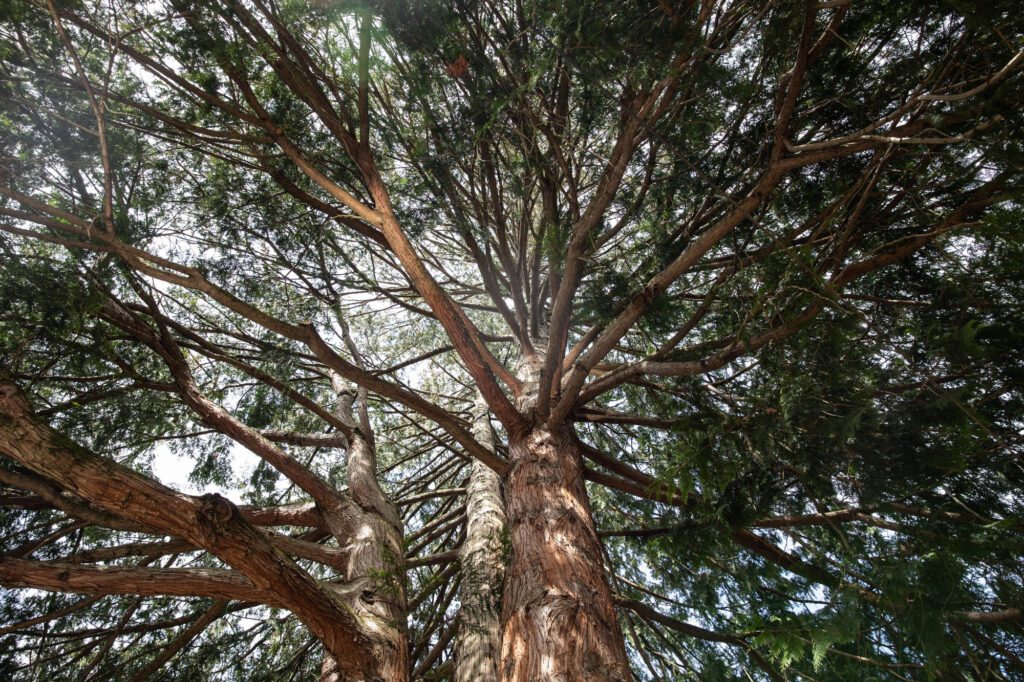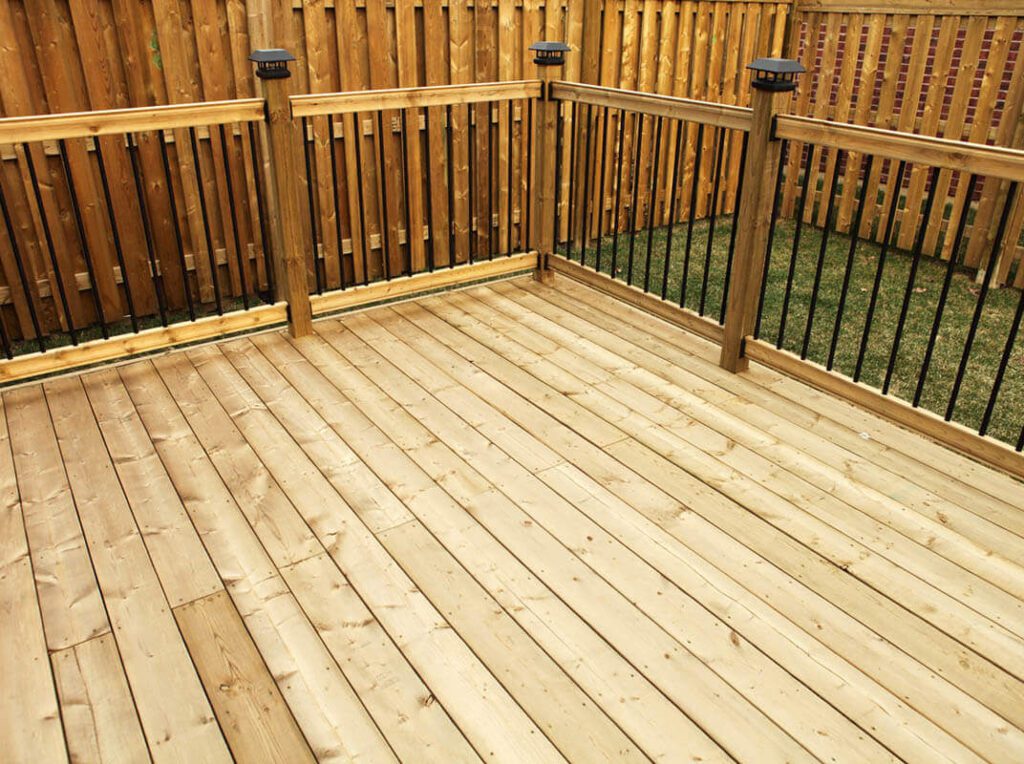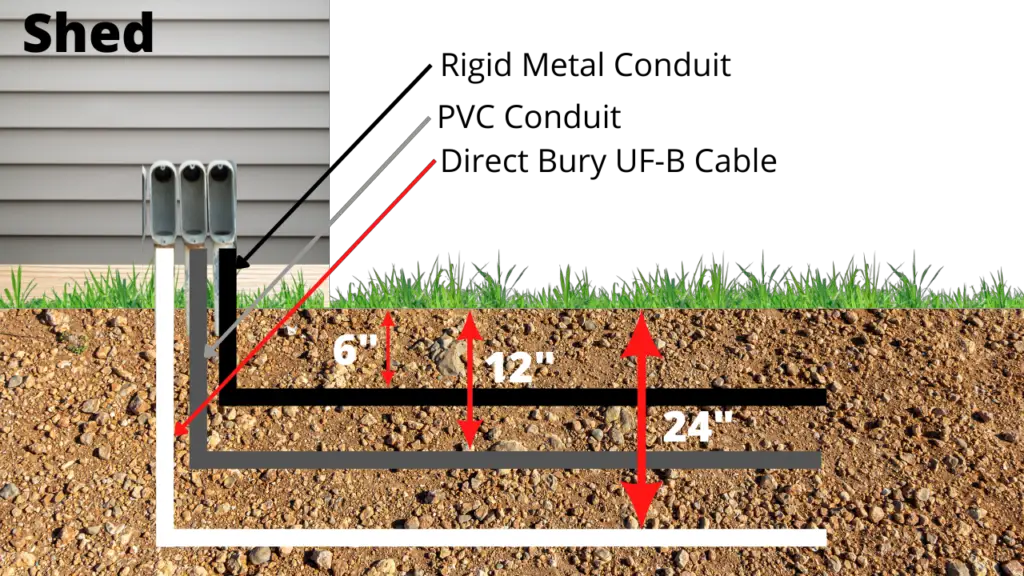If you’re thinking about running electricity to your shed in Washington state, you might be wondering if you need a permit for this task. Well, the answer is not as straightforward as you might expect. While there are some instances where a permit is required, there are also scenarios where you might be exempted. In this article, we will explore the regulations and considerations you need to keep in mind when it comes to running electricity to your shed in Washington state. So, let’s get started and navigate through the electrical permit requirements together.
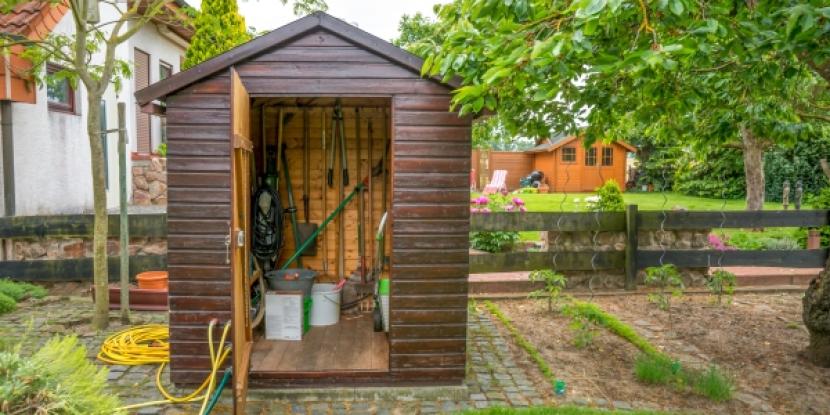

Overview
In Washington State, it is essential to understand the electrical permit requirements when running electricity to your shed. Electrical permits are necessary to ensure that the electrical work performed is safe, up to code, and meets the regulations set by the state. This article will guide you through the importance of permits, the different types of electrical permits, the requirements for sheds, the process of applying for an electrical permit, the benefits of working with a licensed electrician, and how to ensure compliance and safety. By following the proper procedures and guidelines, you can safely and legally power your shed in Washington State.
Understanding Electrical Permits in Washington State
Importance of Permits
Electrical permits are crucial when it comes to any electrical work, including powering your shed. Permits ensure that the electrical installations meet current safety standards and codes. They also provide protection for both the homeowner and the electrician, as they establish legal and responsible parties for the work performed. Electrical permits also enable the local authorities to inspect the electrical installation, ensuring that it is safe and up to code. Neglecting to obtain a permit can result in fines, penalties, or even having to redo the electrical work.
Types of Electrical Permits
In Washington State, there are various types of electrical permits depending on the scope and nature of the electrical work being done. The most common types include:
-
Residential Permits: These permits are required for electrical work in residential properties, including sheds. They cover installations, alterations, or repairs.
-
Commercial Permits: Commercial permits are needed for electrical work in commercial buildings.
-
Industrial Permits: Industrial permits are necessary for electrical work in industrial facilities.
-
Special Permits: Special permits may be required for unique or specialized electrical work, such as low voltage or high voltage installations.
It is crucial to understand which type of permit is needed for your specific shed project to ensure compliance with the regulations.
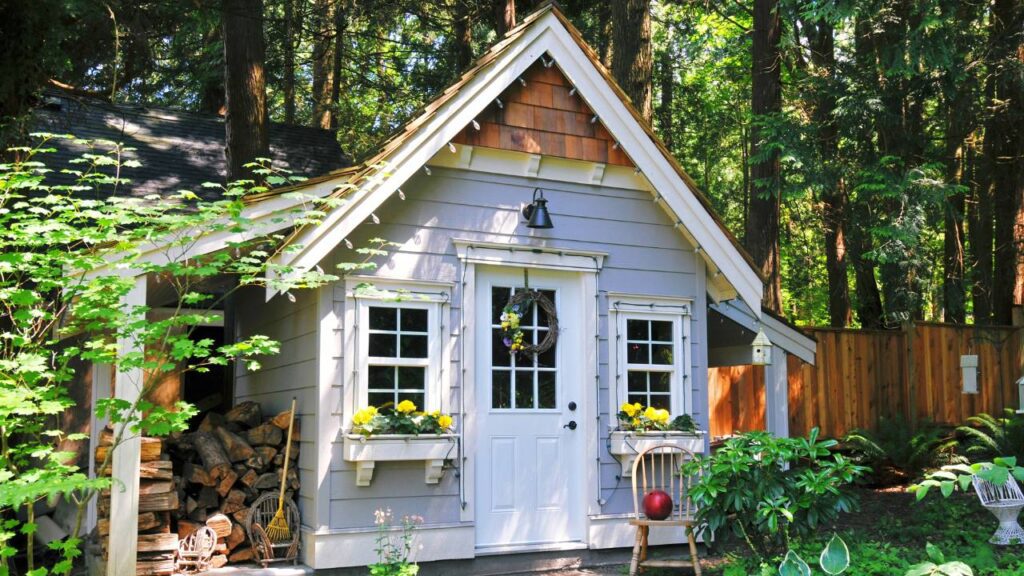

Electrical Permit Requirements for Sheds in Washington State
Size and Function of the Shed
Before applying for an electrical permit, you need to consider the size and function of your shed. In general, sheds larger than 120 square feet usually require an electrical permit, while smaller sheds may not need one. However, it is always best to check with your local authorities to confirm the exact permit requirements based on the shed’s specifications.
Location and Wiring Method
The location and wiring method of your shed also play a role in determining whether an electrical permit is required. If your shed is located within a certain distance from the main building or electrical supply, you may need a permit. Additionally, the type of wiring method used, such as underground or overhead, may have specific permit requirements. Checking the local regulations will help you understand the specific rules for your shed’s location and wiring.
Requirements for Permanent vs. Temporary Sheds
In Washington State, permanent sheds that are connected to the main electrical supply typically require an electrical permit. However, temporary sheds that are not connected to the main electrical supply may not need a permit. Temporary sheds often rely on alternative power sources, such as generators or solar panels. It is important to note that temporary sheds must still adhere to safety regulations, even if a permit is not required.
Applying for an Electrical Permit in Washington State
Researching Local Regulations
The first step to applying for an electrical permit in Washington State is to research the local regulations. Each jurisdiction may have specific requirements for electrical permits, so it is crucial to familiarize yourself with the rules and regulations of your specific area. You can usually find this information on the official website of your local building department or by contacting them directly.
Preparing the Permit Application
Once you understand the local regulations, you can begin preparing the permit application. The application typically involves providing detailed information about the shed, such as its size, location, and intended electrical work. You may also need to include plans or drawings that outline the electrical installation. It is essential to be accurate and thorough when completing the application to avoid any delays or complications.
Submitting the Application
After completing the permit application, you will need to submit it to the local building department. Some jurisdictions may allow online submission, while others may require physical copies. Make sure to include all the necessary documentation and pay any applicable fees to avoid delays in the approval process.
Paying the Permit Fees
Electrical permits in Washington State usually require a fee. The fee amount may vary depending on the size and complexity of the electrical work. It is essential to pay the permit fees promptly to ensure that the application is processed smoothly. Keep in mind that building departments typically do not issue permits until all fees have been paid.


Working with a Licensed Electrician
Determining the Need for a Licensed Electrician
While Washington State allows homeowners to perform certain electrical work on their properties, it is important to determine whether hiring a licensed electrician is necessary for your shed project. If the electrical work is extensive, complex, or requires a permit, it is highly recommended to hire a licensed electrician. Licensed electricians have the expertise and knowledge to ensure that the electrical installation is safe, up to code, and in compliance with the regulations.
Hiring a Licensed Electrician
When hiring a licensed electrician for your shed project, it is essential to do your research and choose a qualified professional. Look for electricians who are licensed, insured, and experienced in working on shed electrical installations. You can ask for recommendations from friends, family, or neighbors or search for licensed electricians through professional associations or online directories.
Importance of Hiring Professionals
Hiring a licensed electrician for your shed electrical work offers several benefits. Professionals have a deep understanding of electrical systems, safety protocols, and building codes. They can ensure that the electrical installation is done correctly, minimizing the risk of electrical hazards or malfunctions. Licensed electricians also provide warranties for their work, offering you peace of mind and protection in case any issues arise.
Ensuring Compliance and Safety
Inspections and Approvals
Once the electrical work is completed in your shed, it is important to schedule inspections and obtain approvals from the local building department. Inspections ensure that the electrical installation meets safety standards and codes. It is crucial not to skip this step, as unapproved electrical work may result in fines or penalties. Contact the building department to schedule inspections and be prepared to provide access to the shed for the inspector.
Following National and State Electrical Codes
To ensure compliance and safety, it is important to follow both national and state electrical codes. In Washington State, the electrical code is based on the National Electrical Code (NEC). This code outlines the minimum standards for safe electrical installations. Familiarize yourself with the NEC and any additional state-specific electrical codes to ensure that your shed’s electrical work meets these standards.
Safety Precautions
When working with electricity, safety should always be a top priority. Ensure that you follow proper safety precautions when installing electrical components in your shed. This includes wearing appropriate personal protective equipment, using insulated tools, and turning off the power before making any electrical connections. If you are uncertain about any aspect of the electrical work, consult a licensed electrician to ensure safety and avoid potential risks.
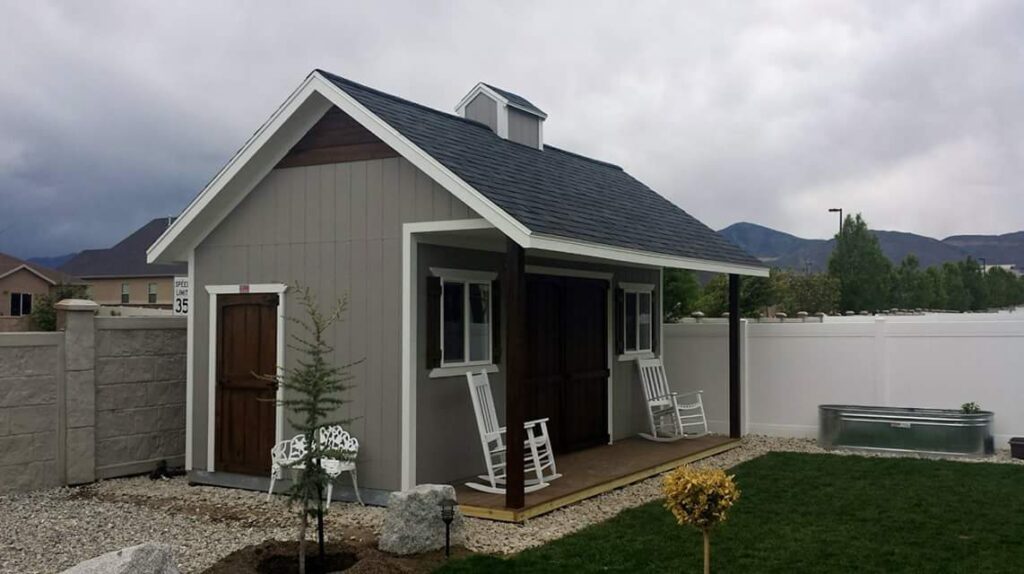

Common Questions and Concerns
Can I Run Electricity to My Shed Without a Permit?
In Washington State, running electricity to your shed without a permit may not be allowed, especially for larger or permanent sheds. It is best to check with your local authorities to determine the specific permit requirements for your shed project. Operating without a permit can lead to legal consequences and potential issues with insurance coverage.
What if I Already Installed Electricity Without a Permit?
If you have already installed electricity in your shed without obtaining the necessary permit, it is essential to rectify the situation promptly. Contact your local building department and explain the situation. They will guide you on the necessary steps to remedy the situation, which may involve applying for a retroactive electrical permit. It is important to be honest and transparent to avoid any potential penalties or fines.
Can I Hire an Unlicensed Electrician for Shed Wiring?
Hiring an unlicensed electrician for shed wiring is not recommended in Washington State. Licensed electricians have undergone the required training, have the necessary knowledge, and are accountable for their work. Unlicensed electricians may not have the expertise or familiarity with local regulations and safety standards. By hiring a licensed electrician, you ensure that the work is done correctly and safely, protecting your property and ensuring compliance with the regulations.
Conclusion
Obtaining an electrical permit and following the proper procedures when running electricity to your shed in Washington State is vital for compliance, safety, and peace of mind. Understanding the permit requirements, working with a licensed electrician, and adhering to electrical codes will ensure that your shed’s electrical installation is done correctly and meets all necessary regulations. By prioritizing safety and compliance, you can enjoy a fully functional and powered shed that adds value to your property.
